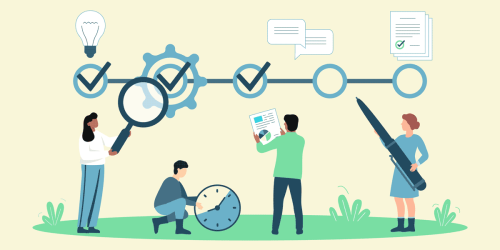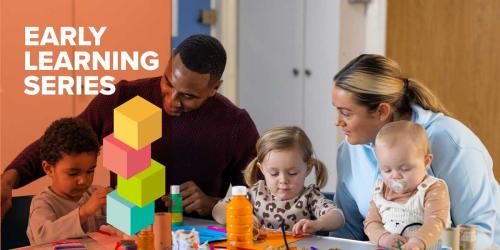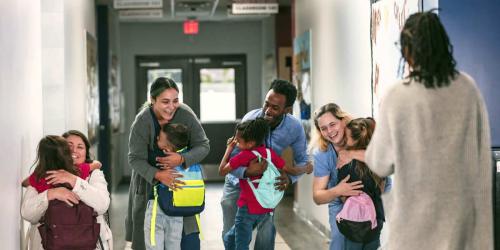Developing Youth Through a Growth Mindset

Collective impact initiatives have data at the core of their efforts to improve communities, but when partners in a collaborative don’t necessarily collect, value, or have access to the same data, it’s a challenge that calls for creative solutions.
At the Institute for Youth Success (formerly, Oregon Mentors), we work with Communities Supporting Youth—a collective impact collaborative convened by the SUN Service System, and within the All Hands Raised backbone organization. Together, we are dedicated to improving outcomes for underserved students in the Portland area. The collaborative’s specific focus is to improve attendance for Multnomah County students. School and county personnel have begun tracking chronic absenteeism in six demonstration sites and are simultaneously instituting a series of interventions that have been pulled together in a best practices tool kit. We lead a subgroup of the collaborative that includes around 30 local nonprofits—we’re called Youth Development Partners (formerly Youth Engagement, Motivation, and Development work team.)
As youth-development organizations that play a vital role in supporting students at school, we had to get creative in how we could support the collaborative. Many nonprofits do not have access to student specific academic data because of federal privacy laws. And, while many nonprofits provide important services that influence a student’s attendance, few nonprofits focus solely on promoting attendance. Our subgroup was typical of youth development, as we provided a vast array of services, including culturally specific programming, early childhood literacy, educational supports for youth with disabilities, afterschool programs, recess-focused programs, and much more.
We found our solution by incorporating youth development into collective impact through research. A literature review from the University of Chicago Consortium on Chicago School Research (CCSR)—titled, Teaching Adolescents to Become Learners—prompted our group to investigate the common practices that laid the groundwork for a student building a strong “academic mindset.”
The literature review suggests that kids are subjected to a lot of different interventions, and while some are effective, others are not. CCSR created a framework showing evidence of the importance of addressing a student’s academic mindset. From the student’s point of view, these include:
- I belong in this academic community
- My ability and competence grow with my effort
- I can succeed at this
- This work has value for me
The findings in the literature review show that if you build these beliefs in students, you can see improvements not only in attendance but also in grades.
We felt passionately that youth-development programs, when done well, were key places a student could build an academic mindset. We began by finding common practices that all of our nonprofits could share, and we decided to focus on “growth mindset” (“my ability and competence grow with my effort”), because of the research of Carol Dweck. We were also interested in growth mindset because of evidence that growth mindset can be particularly effective for students of color.
Since making that decision, we have worked work with the community to create trainings on growth mindset and have shared the research behind it. We have used a train-the-trainer model, so we now have around 40 people in the community who have been trained and are offering their trainings independently. As a community, we have a shared understanding of the literature behind growth mindset and its importance, and we see it as one of several important practices where youth-development programs can really support students in school.
Our experience in the past year has shown us how important—and how challenging—it can be to intentionally incorporate youth development into school-based collective impact interventions. If your community has not specifically build a youth-development strategy into your collective impact collaborative, we encourage you to do so. Don’t ignore this important asset in your community!



